34+ Employee Recognition Examples to Download
In today’s competitive business landscape, employee recognition has emerged as a critical factor in fostering a positive work culture and motivating employees. Recognizing the value of a job well done goes beyond mere acknowledgment; it is an essential component of building a committed and engaged workforce. This article explores the concept of employee recognition, providing insights into its definition, a step-by-step guide for writing effective recognition, addressing frequently asked questions, and highlighting the significance of appreciating employees’ efforts.
bb_toc content=”][/bb_toc]
1. Employee Recognition Digital Signage Template

2. Employee Recognition Card Template

3. Employee Recognition LinkedIn Story Template

4. Employee Recognition Award Certificate Template
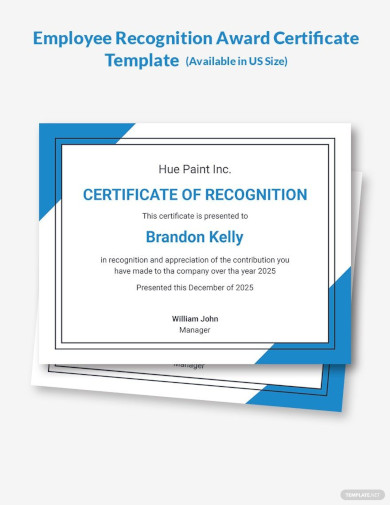
5. Employee Recognition Certificate Template
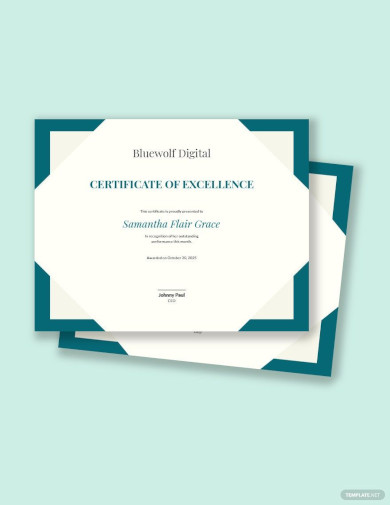
6. The Guide to Modern Employee Recognition
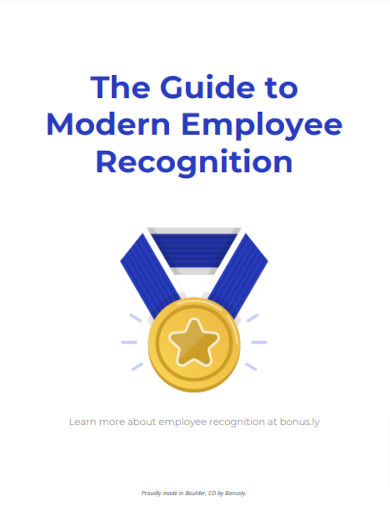
cdn2.hubspot.net
7. Simple Employee Recognition Toolkit Example

buffalo.edu
8. Designing Effective Reward and Recognition Programs

sc.edu
9. Sample Employee Recognition Example
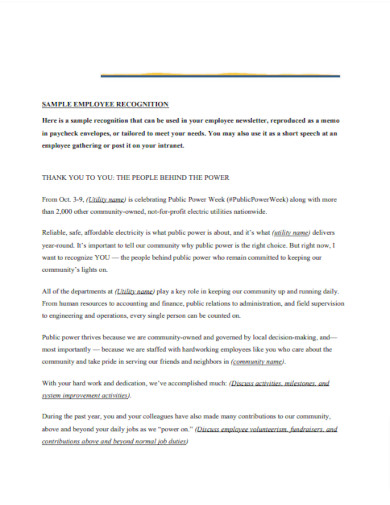
publicpower.org
10. Employee Recognition Toolkit Helpside
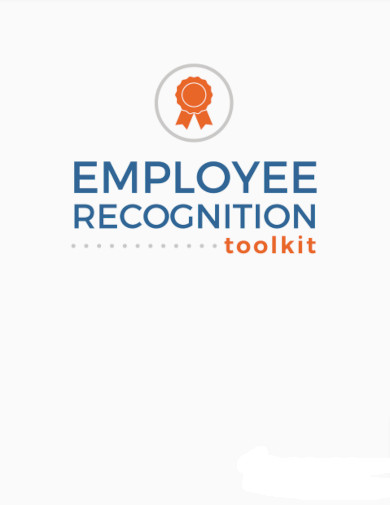
helpside.com
11. Sample Recognition Programs Example
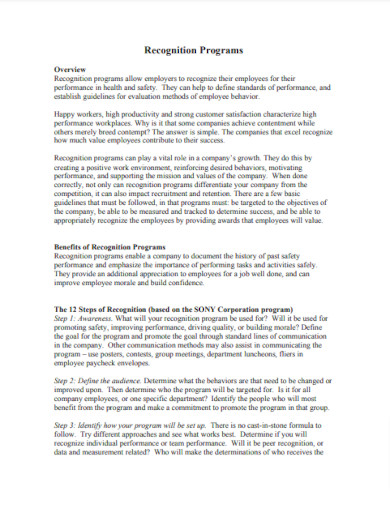
rit.edu
12. Employee Recognition Playbook Example
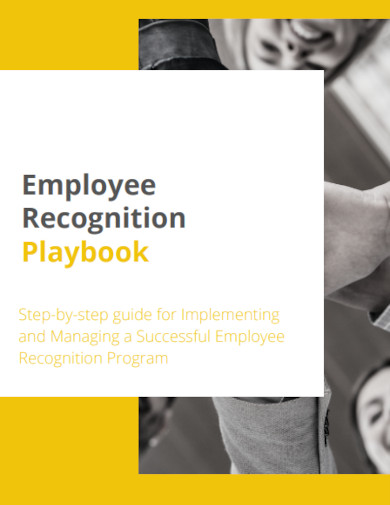
get.semoscloud.com
13. Employee Recognition and Rewards

hservers.org
14. Employee Recognition Handbook Example
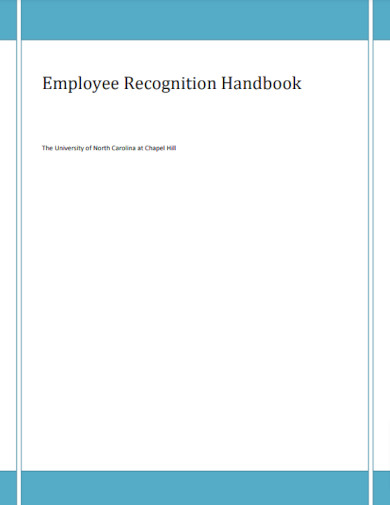
hr.unc.edu
15. Guidelines for Employee Recognition Example
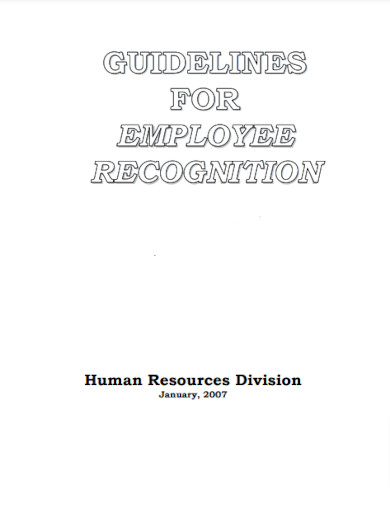
laccd.edu
16. The Ultimate Guide to Employee Recognition

achievers.com
17. Employee Recognition and Reward Policy
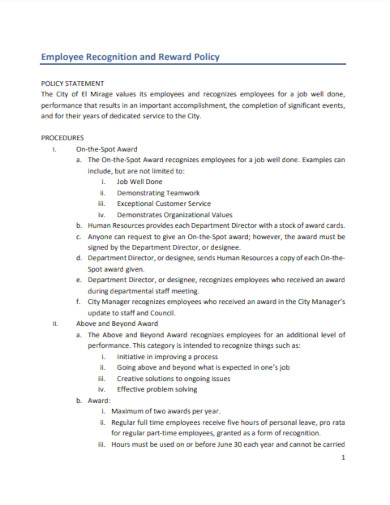
content.civicplus.com
18. Reward and Recognition Good Practice Guide

publicsector.sa.gov.au
19. Employee Recognition Approval and Reimbursement Form
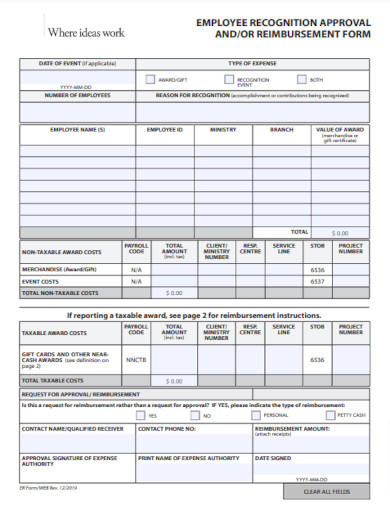
www2.gov.bc.ca
20. Private Sector Recognition and Rewards

hr.un.org
21. Making Employee Recognition a Tool for Achieving Improved Performance
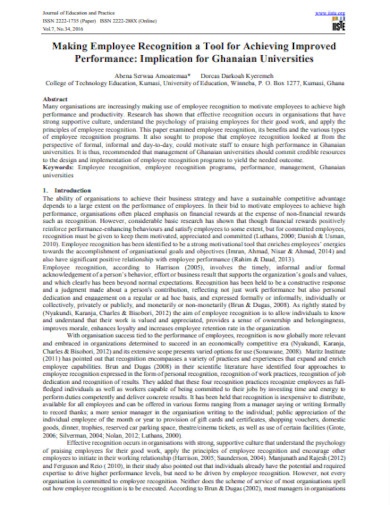
files.eric.ed.gov
22. Employee Recognition Program Handbook
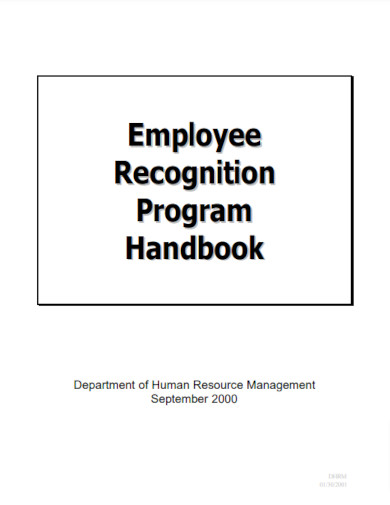
dhrm.virginia.gov
23. Basic Employee Recognition Program Example

broomfield.org
24. Ideas for Employee Recognition Example
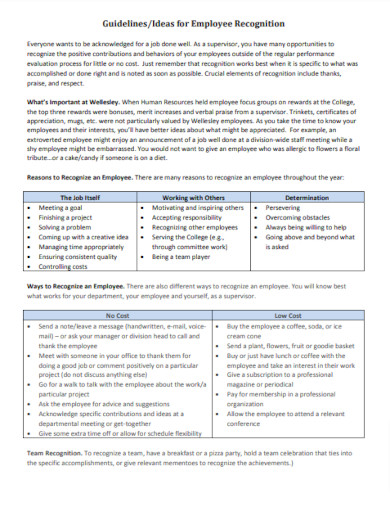
wellesley.edu
25. Creative Employee Recognition and Reward Policy
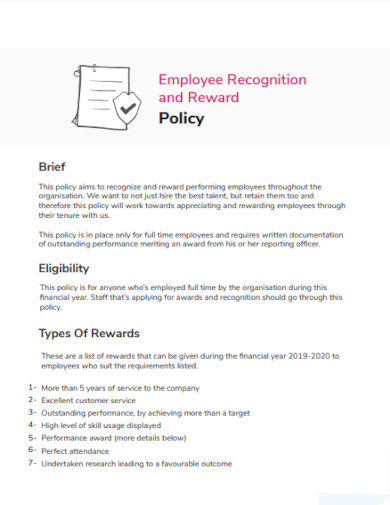
keka.com
26. Employee Recognition Guiding Principles Example
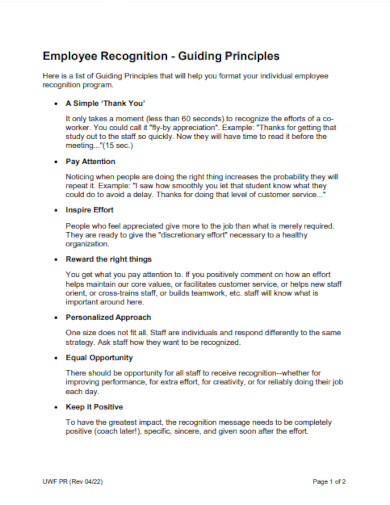
facilities.uw.edu
27. Employee Recognition Beyond Methods Example

peero.app
28. Editable Employee Recognition Program Example
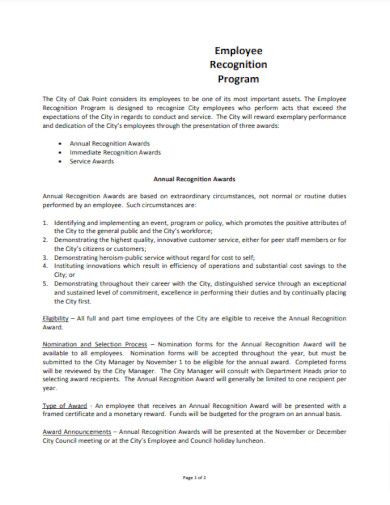
oakpointtexas.com
29. Guide to Developing a Successful Employee Recognition Program
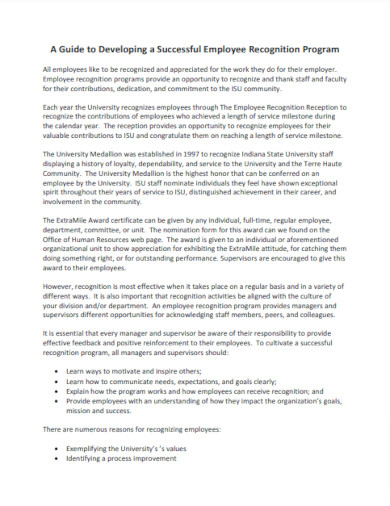
healthlinkscertified.org
30. Recognizing and Rewarding Employees Example
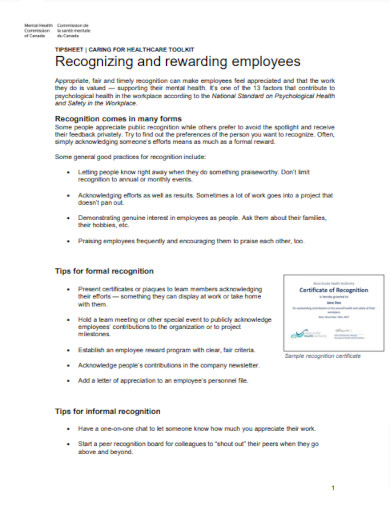
mentalhealthcommission.ca
31. Printable Employee Recognition Program Example
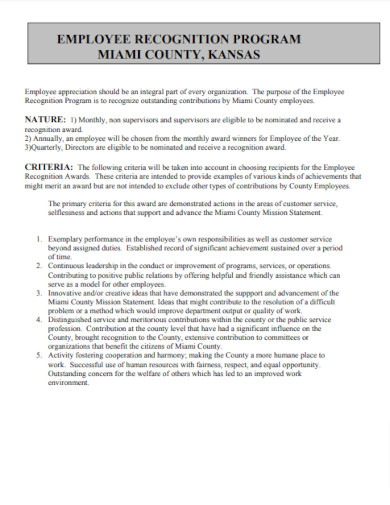
miamicountyks.org
32. Standard Employee Recognition Trends Example

engage2excel.com
33. Modern Employee Recognition Toolkit Example
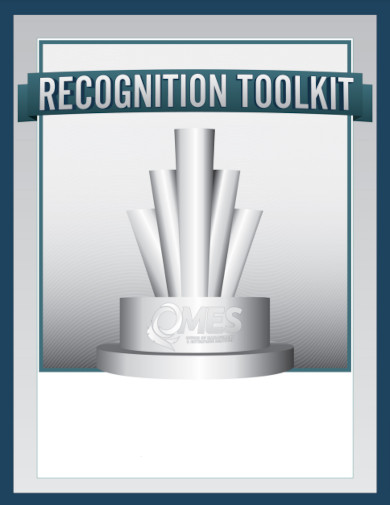
oklahoma.gov
34. Employee Recognition Policy and Procedures
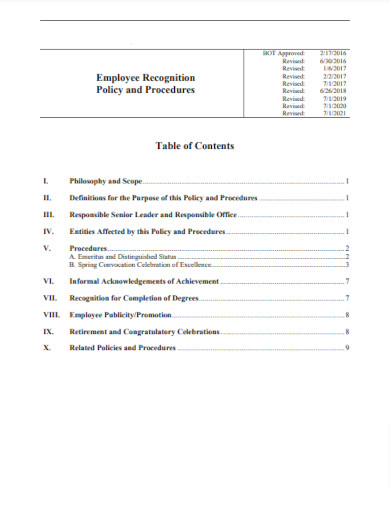
frederick.edu
35. Creative Employee Recognition at Work Example

eprints.lincoln.ac.uk
What is an Employee Recognition?
Employee recognition refers to the practice of acknowledging and appreciating the contributions, achievements, and efforts of individuals within an organization. It involves providing positive reinforcement and praise for exceptional performance and motivating employees to continue their excellent work. Employee recognition programs often encompass a variety of strategies, such as verbal praise, written commendations, awards, incentives, and public acknowledgment.
How to Write Employee Recognition
Crafting a well-thought-out employee recognition message is an art that requires sincerity, specificity, and clarity. Follow these steps to effectively express your appreciation:
Step 1: Choose the Right Timing:
Timing plays a crucial role in employee recognition. Ensure that you recognize and acknowledge the employee’s efforts in a timely manner, preferably as close to the accomplishment as possible. This demonstrates that you value their work and are attentive to their contributions.
Step 2: Be Genuine and Specific:
When writing a recognition message, be genuine and specific about what you are appreciating. Highlight the particular actions, behaviors, or results that impressed you. This specificity adds depth to your recognition and makes it more meaningful.
Step 3: Express Impact and Gratitude:
Clearly articulate the impact of the employee’s work on the team, department, or organization. Highlight how their efforts contributed to achieving business goals or solving a problem. Additionally, express your gratitude for their dedication and hard work, emphasizing the value they bring to the organization.
FAQs
Why is employee recognition important?
Employee recognition is important because it boosts employee morale, enhances job satisfaction, and promotes a positive work environment. It acknowledges employees’ efforts, making them feel valued, motivated, and appreciated. Recognition also fosters employee loyalty and engagement, leading to increased productivity and retention.
How often should employee recognition be given?
Employee recognition should be given regularly and consistently. While immediate recognition for significant achievements is crucial, ongoing recognition for smaller accomplishments or consistent performance is equally important. Incorporating a culture of regular recognition ensures that employees feel appreciated throughout their tenure.
Are non-monetary forms of recognition effective?
Yes, non-monetary forms of recognition can be highly effective. While monetary rewards have their place, non-monetary recognition, such as verbal praise, public acknowledgment, certificates, or flexible work options, can have a significant impact. These gestures demonstrate genuine appreciation and can create a positive and motivating work environment.
In a world where employees seek more than just a paycheck, employee recognition serves as a powerful tool to inspire and engage individuals in the workplace. By providing timely, specific, and genuine recognition, organizations can cultivate a culture of appreciation, fostering a motivated workforce that drives success. Embrace the practice of recognizing and celebrating achievements, and watch as your organization flourishes with empowered and satisfied employees.

